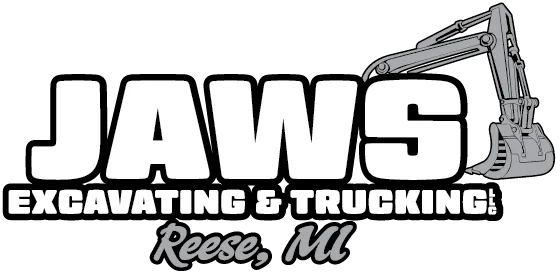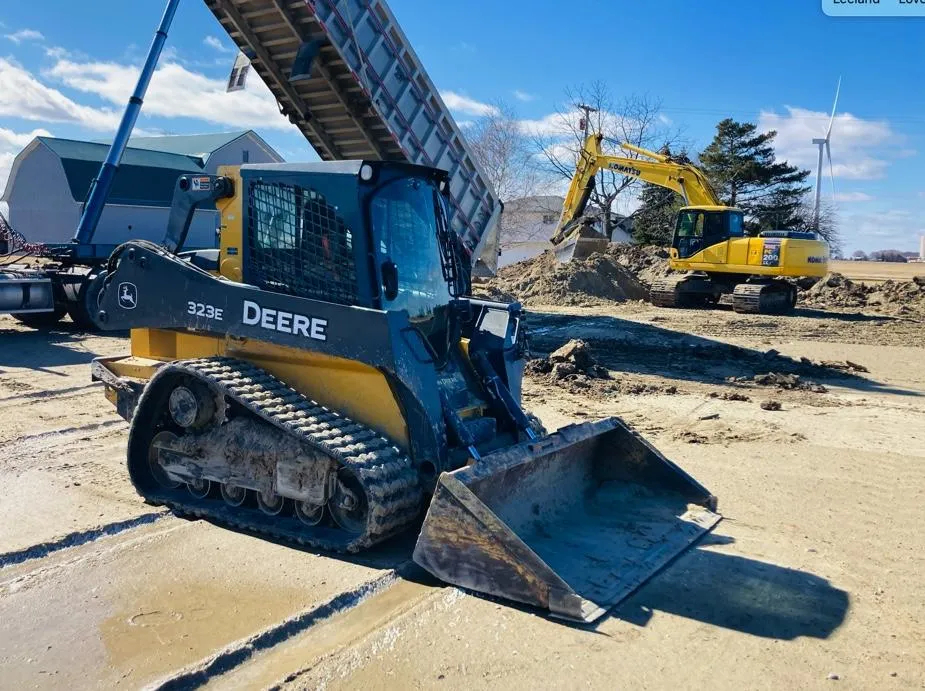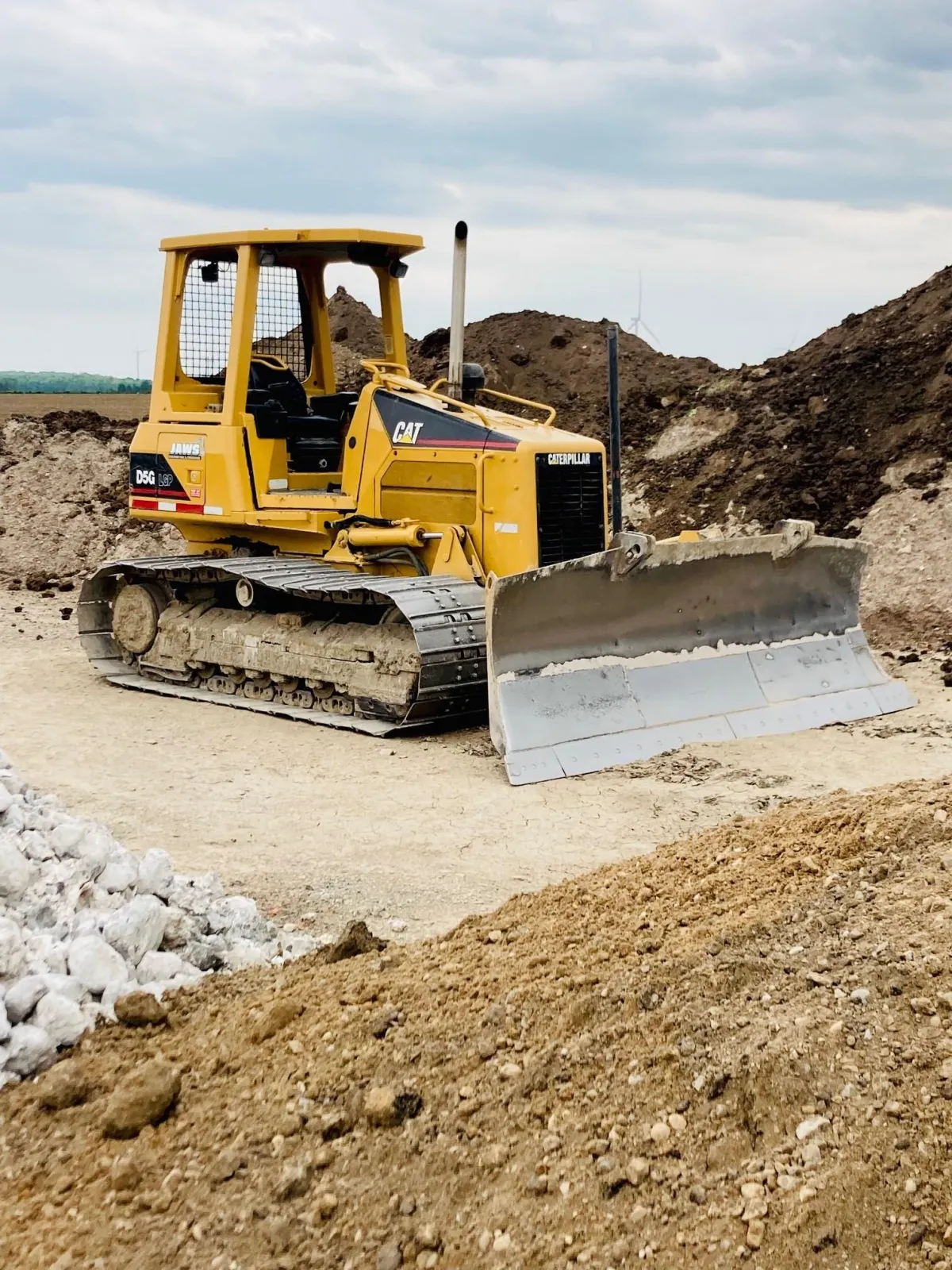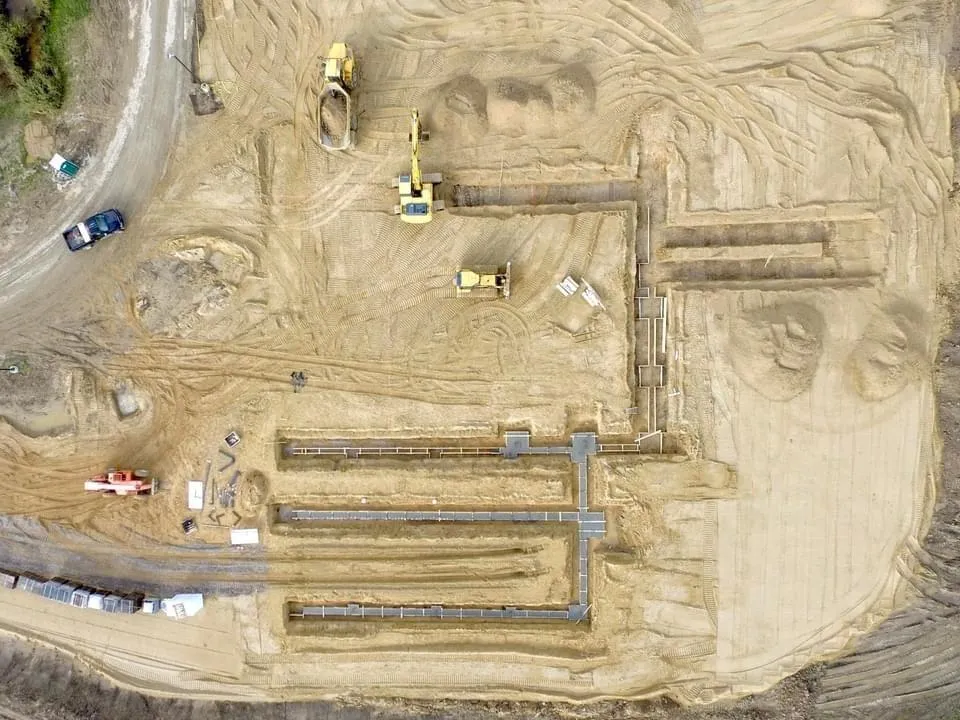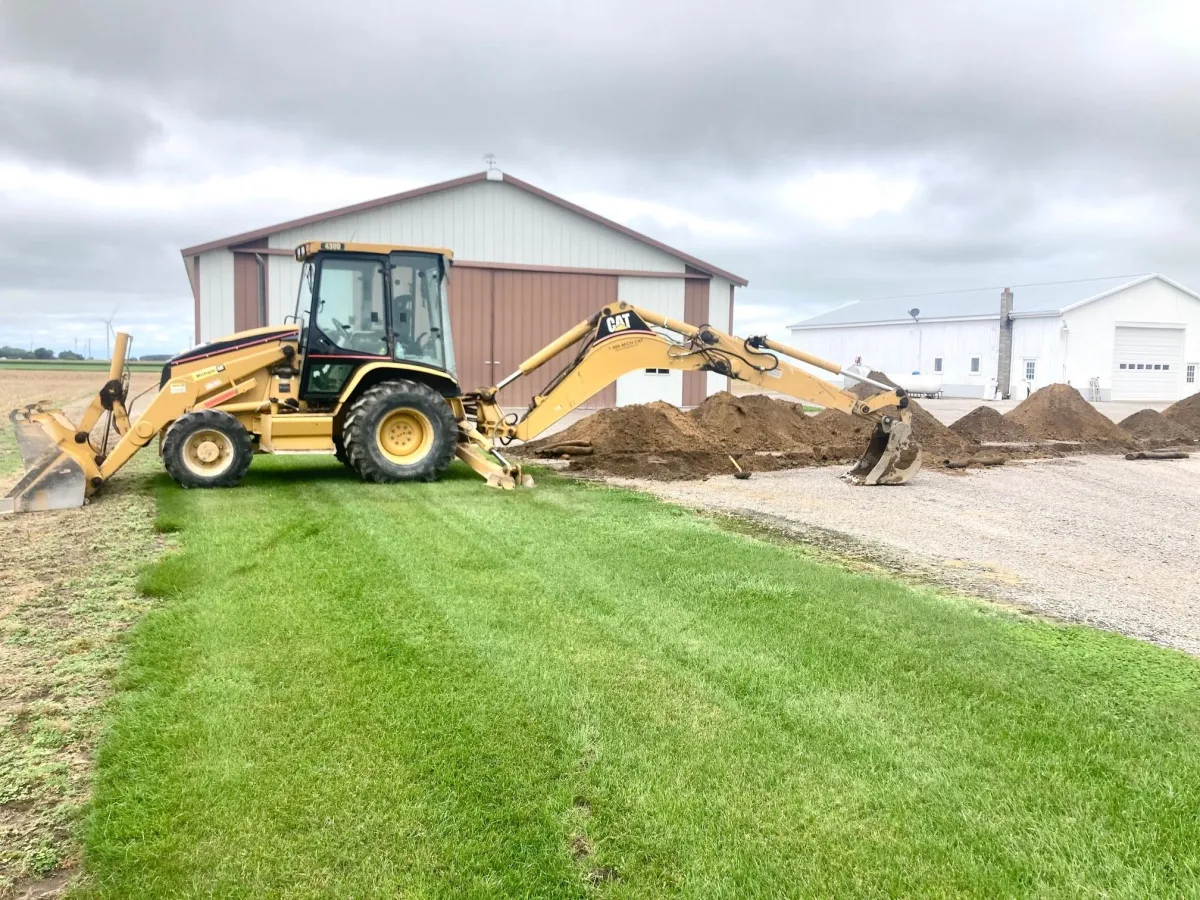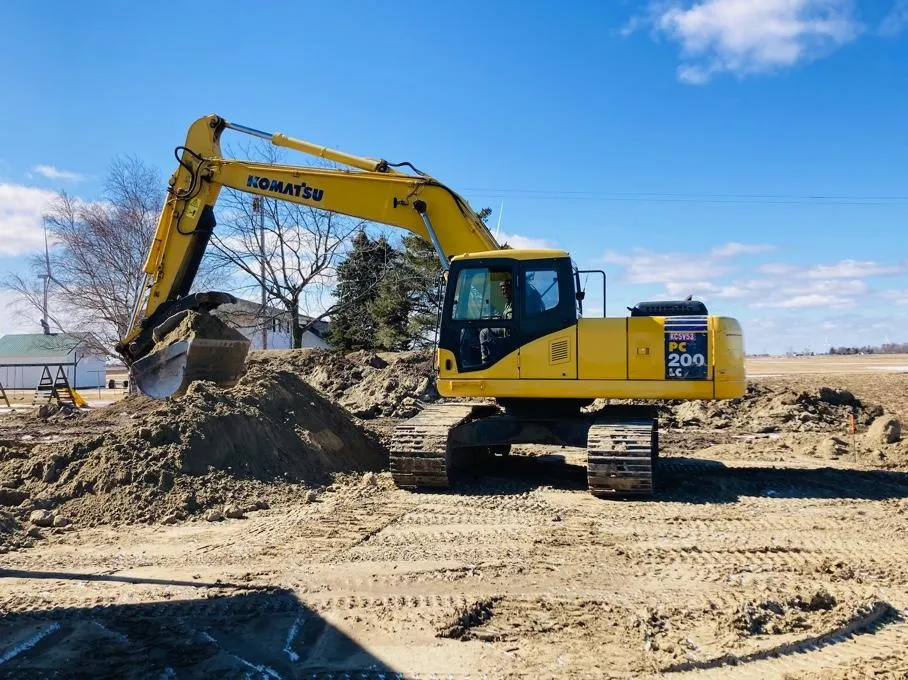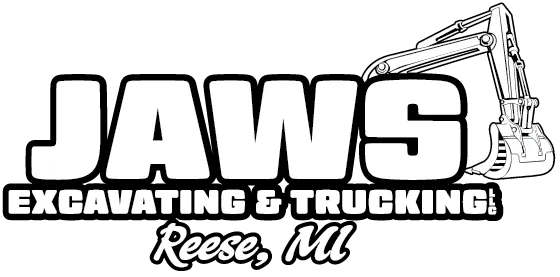Safety | Quality | Guaranteed
Learning Center

A Day in the Life of an Excavation Laborer: What You Need to Know
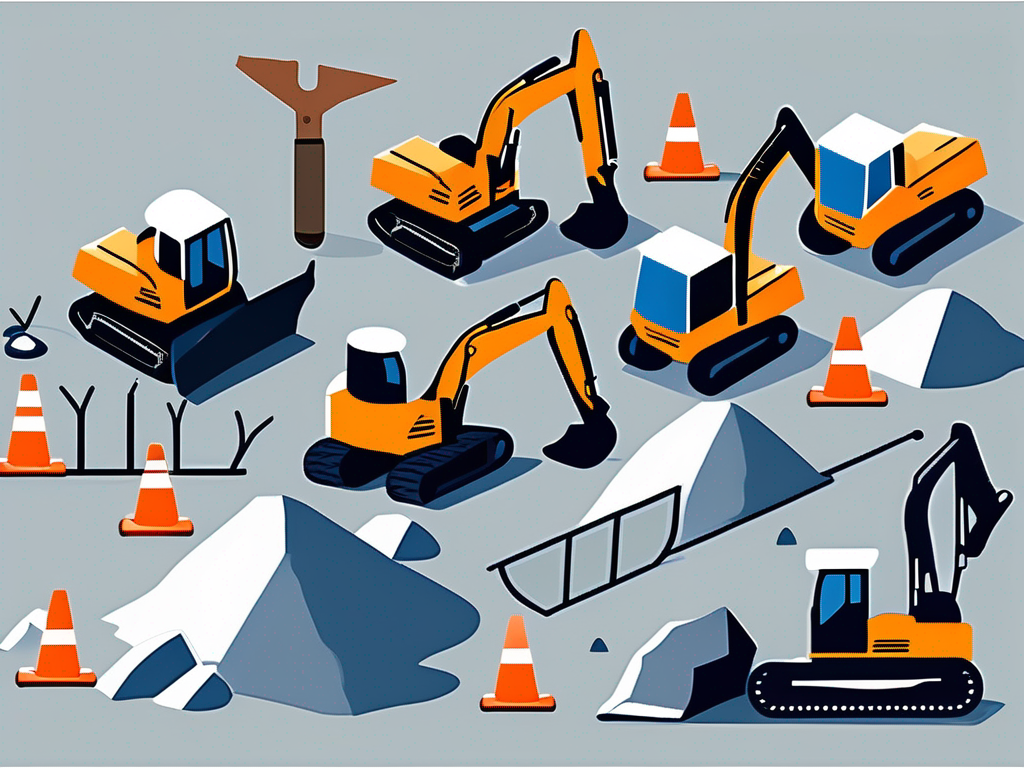
A Day in the Life of an Excavation Laborer: What You Need to Know
In the world of construction, the role of an excavation laborer is crucial. These hardworking individuals play a vital role in the excavation process, ensuring that projects are completed safely and efficiently. If you're considering a career in excavation or are simply curious about the daily tasks of an excavation laborer, this article will provide you with a comprehensive understanding of what to expect.
Understanding the Role of an Excavation Laborer
Excavation laborers work in a variety of settings, including construction sites, roadworks, and archaeological sites. Their primary responsibility is to assist in excavating and moving earth. However, their duties extend beyond mere physical labor. Excavation laborers are also involved in the preservation of findings, documentation, and maintenance of excavation sites.
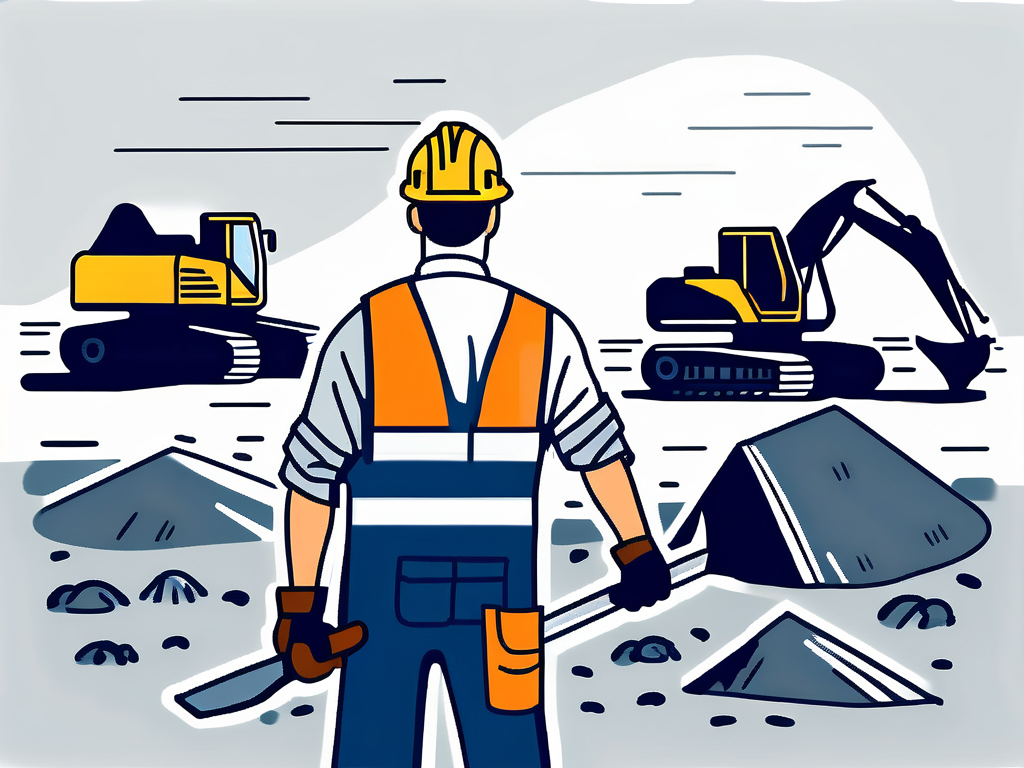
When it comes to operating heavy machinery, excavation laborers are the unsung heroes. They skillfully maneuver bulldozers, backhoes, and excavators, ensuring that the earth is moved with precision and efficiency. Their expertise in handling these powerful machines is crucial in preventing any damage to the surrounding environment or delicate artifacts that may be hidden beneath the surface.
But it's not just about moving dirt. Excavation laborers play a vital role in unearthing history. With their keen eyes and meticulous attention to detail, they carefully sift through the soil, identifying and documenting significant findings. From ancient pottery shards to fossilized remains, every discovery is a piece of the puzzle that helps archaeologists piece together the story of our past.
Key Responsibilities of an Excavation Laborer
An excavation laborer's duties encompass a wide range of tasks. They may involve operating heavy machinery, digging trenches, and removing debris. Additionally, excavation laborers assist in the preservation of archaeological sites by carefully identifying and documenting significant findings. Their attention to detail is crucial in ensuring the accuracy of historical records and scientific research.
Furthermore, excavation laborers are responsible for keeping the worksite clean and maintaining equipment. They adhere to safety protocols to minimize the risk of accidents and maintain a safe working environment for themselves and their colleagues.
Imagine standing on an excavation site, surrounded by the remnants of a long-lost civilization. The air is filled with excitement and anticipation as you carefully brush away the dirt, revealing an intricately carved artifact that hasn't seen the light of day in centuries. It's moments like these that make the work of an excavation laborer truly remarkable.
Required Skills and Qualifications
Becoming an excavation laborer requires a certain set of skills and qualifications. While formal education may not be necessary, a high school diploma or equivalent is typically required. Excavation laborers must also possess a valid driver's license and a clean driving record, as they often operate company vehicles.
Physical fitness is crucial in this profession, as excavation laborers engage in physically demanding work. They must be able to lift heavy objects, withstand long hours of physical labor, and work in various weather conditions. Additionally, attention to detail, strong communication skills, and the ability to work as part of a team are essential for this role.
So, the next time you see an excavation site, take a moment to appreciate the hard work and dedication of the excavation laborers. They are the ones who bring history back to life, one shovel at a time.
Starting the Day: Morning Routines and Tasks
The day of an excavation laborer typically begins with a safety briefing and equipment checks. This ensures that all workers are aware of potential hazards and are equipped with the necessary protective gear. Excavation laborers also inspect machinery and tools to ensure they are in proper working condition.
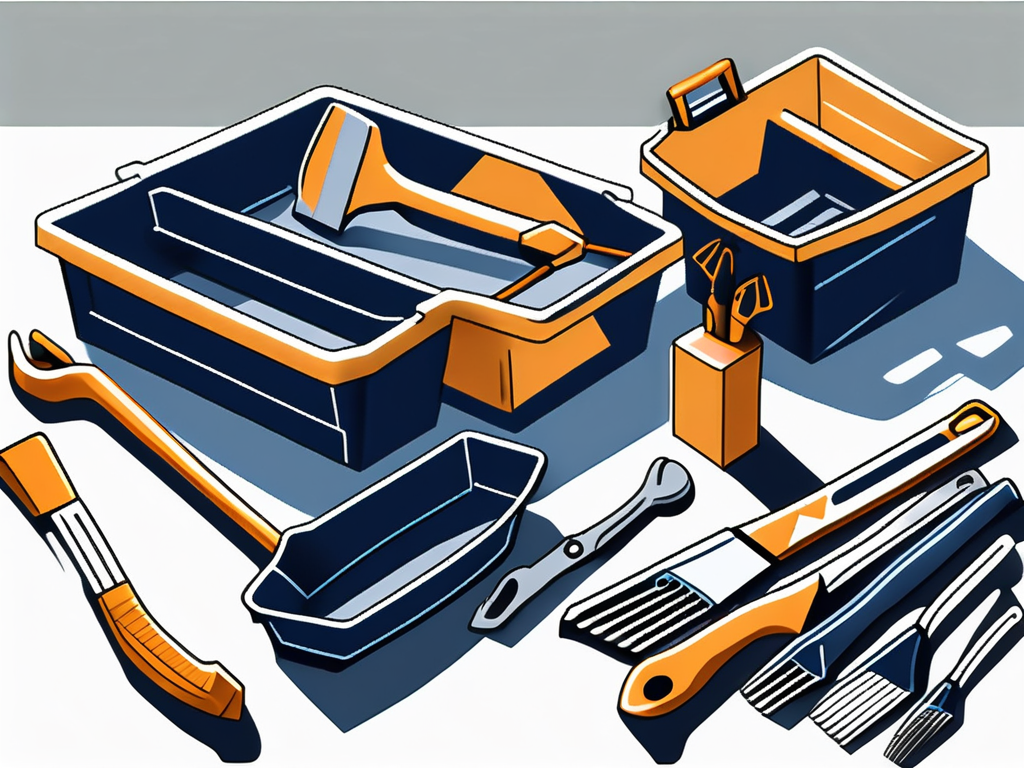
Safety Briefings and Equipment Checks
Prioritizing safety is paramount in the excavation industry. Safety briefings are conducted to educate workers about potential hazards, such as cave-ins, falling objects, and hazardous materials. Excavation laborers are trained to identify and respond to these risks promptly.
Once the safety briefing is complete, excavation laborers conduct equipment checks. This involves inspecting machinery, tools, and safety equipment. Any identified issues are reported to supervisors for repairs or replacements.
Initial Site Assessment and Planning
After the safety briefing and equipment checks, excavation laborers proceed with the initial site assessment. This involves analyzing blueprints, designs, and project plans. By familiarizing themselves with the site layout and project requirements, excavation laborers can effectively plan and execute their tasks.
During the planning phase, excavation laborers may consult with project managers, engineers, and surveyors to ensure alignment between all parties involved. This collaborative effort ensures that the excavation process is carried out smoothly and efficiently.
Mid-Day Activities: The Heart of the Excavation Process
The middle of the day is when excavation laborers engage in the core tasks of their profession. From digging trenches to preserving important findings, these activities form the backbone of the excavation process.
Digging and Moving Earth
Digging and moving earth is one of the primary duties of an excavation laborer. Through the use of various tools and machinery, they excavate desired areas, removing soil, rocks, and other obstacles. This precise and controlled process lays the groundwork for construction or uncovers hidden artifacts and historical remnants.
Excavation laborers must meticulously follow excavation plans to ensure accuracy and prevent damage to existing structures or archaeological findings. Their ability to operate heavy machinery, such as excavators and bulldozers, is crucial in achieving these objectives.
Identifying and Preserving Findings
As excavation laborers dig through layers of earth, they often encounter significant archaeological or historical findings. It is their responsibility to carefully identify and preserve these discoveries. Excavation laborers work alongside archaeologists and other specialists to ensure that findings are properly recorded and protected.
During this process, excavation laborers may use small hand tools to delicately remove dirt and debris from delicate artifacts. They photograph and document each finding, noting its precise location and associated information. This meticulous attention to detail aids in the accurate reconstruction of historical events and the preservation of our cultural heritage.
Wrapping Up: End of Day Procedures
As the day comes to a close, excavation laborers focus on concluding their tasks and preparing the worksite for the next day. This includes site clean-up, maintenance, and documentation.
Site Clean-Up and Maintenance
Excavation laborers play a key role in maintaining a clean and organized worksite. They remove debris, secure equipment, and ensure that all tools are stored properly. This promotes a safer working environment and minimizes the risk of accidents.
Maintenance tasks may include routine inspections and minor repairs of machinery and tools. By addressing any issues promptly, excavation laborers help prevent equipment failure and maintain efficiency in the excavation process.
Documentation and Reporting
Documentation is a critical aspect of the excavation process. Excavation laborers carefully document their activities, including progress made, findings uncovered, and challenges encountered. This information serves as a valuable resource for project managers, archaeologists, and other stakeholders.
Accurate documentation enables timely reporting, ensuring that project timelines are met and potential issues are addressed promptly. Excavation laborers may also contribute to reports and provide their insights based on their day-to-day experiences in the field.
The Physical and Mental Demands of Excavation Work
Excavation work is physically and mentally demanding, requiring a unique set of skills and coping mechanisms to ensure the well-being of laborers.
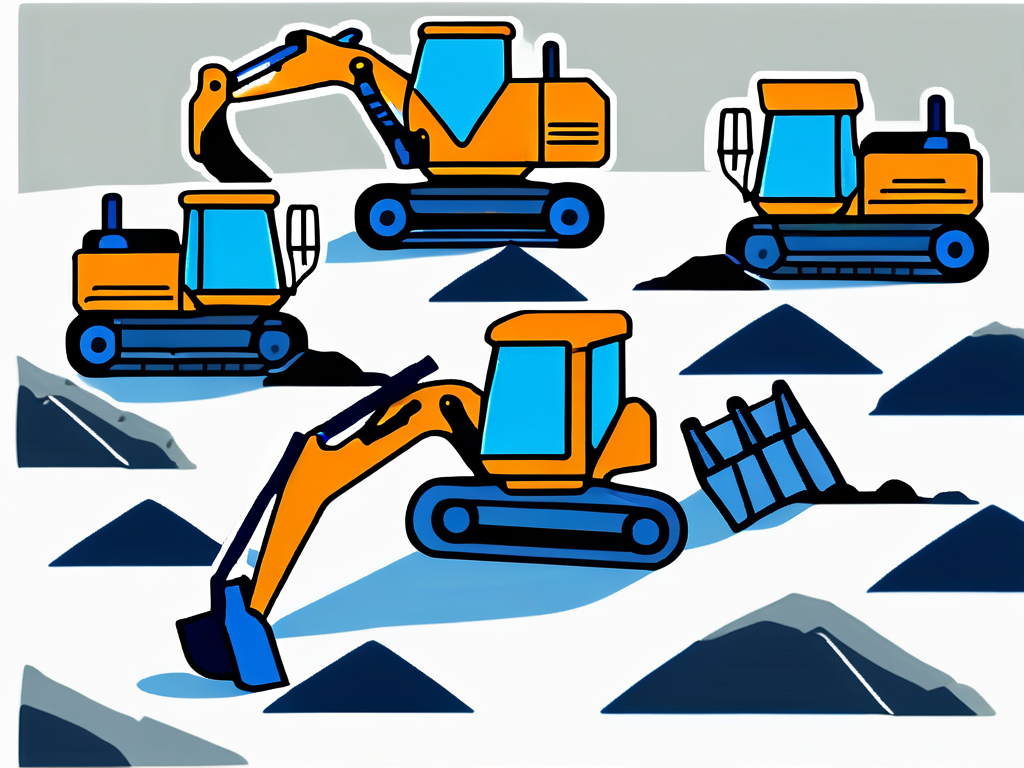
Health and Safety Risks
Excavation laborers are exposed to various health and safety risks throughout their workday. These can include heavy lifting, exposure to hazardous materials, and working at heights. Therefore, it is crucial that laborers adhere to safety guidelines, wear appropriate protective gear, and undergo regular health screenings.
Additionally, excavation laborers must be vigilant in practicing proper ergonomics, maintaining good posture, and utilizing proper lifting techniques. These measures help reduce the risk of musculoskeletal injuries and promote physical well-being.
Stress Management and Coping Mechanisms
Excavation work can be physically and mentally taxing, requiring individuals to develop effective stress management and coping mechanisms. This may involve regular exercise, engaging in hobbies outside of work, and seeking social support.
Furthermore, fostering a positive mindset and maintaining a healthy work-life balance are essential. Excavation laborers can find solace in the knowledge that their work contributes to the construction of infrastructure or the preservation of our history.
Conclusion
Being an excavation laborer is a challenging yet rewarding career. The role requires physical strength, attention to detail, and a commitment to safety. Excavation laborers play a vital role in shaping our world by constructing buildings, roads, and uncovering the past. By understanding the responsibilities and demands of the profession, one can gain a deeper appreciation for the critical work carried out by excavation laborers on a daily basis.
Ready to shape the world with your own hands and be part of a team that values safety, quality, and a guarantee of excellence?
JAWS Excavating & Trucking, LLC is looking for dedicated individuals like you to join our family-owned operation in Reese, Michigan. With over a decade of industry experience, we serve a wide range of areas in Mid-Michigan, ensuring superior communication and unmatched integrity on every project. Don't just meet expectations, exceed them with a career at JAWS Excavating & Trucking, LLC. For friendly service and a customized quote, Call us today and take the first step towards a rewarding future in excavation.
INVALUABLE EXPERIENCE
JAWS Excavating & Trucking, LLC
Superior communication
Quality work doesn't get done without excellent project communications.
UNMATCHED integrity
We understand that people do business with folks they trust. That's why we guarantee your satisfaction, every single time.
invaluable Experience
You wouldn't hire a mechanic to do your root canal. With us, you can hire with confidence.
UNMATCHED INTEGRITY
SATISFACTION Guaranteed
